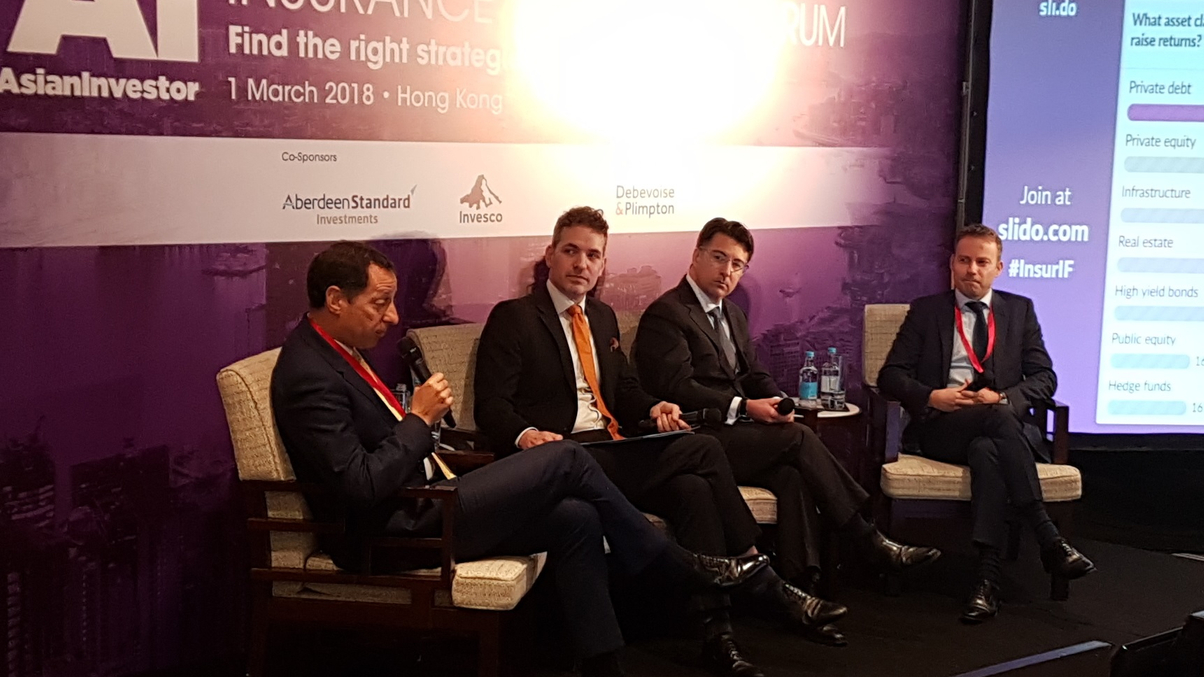Insurance CIO role changing with new regs
Market experts shared their views on the impact of solvency regulations and growing interest in alternatives, though not necessarily infrastructure, at AI’s Insurance Investment Forum.

New solvency and capital requirement regulations are changing the way chief investment officers work at insurance companies.
Sign in to read on!
Registered users get 2 free articles in 30 days.
Subscribers have full unlimited access to AsianInvestor
Not signed up? New users get 2 free articles per month, plus a 7-day unlimited free trial.
¬ Haymarket Media Limited. All rights reserved.


